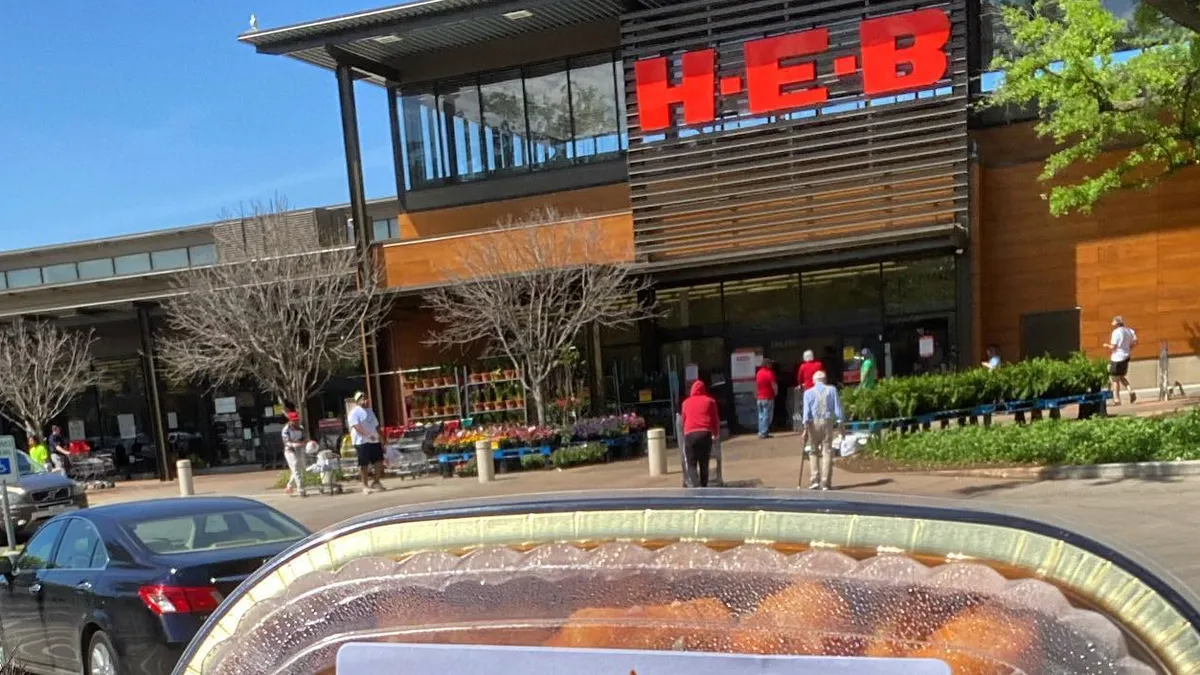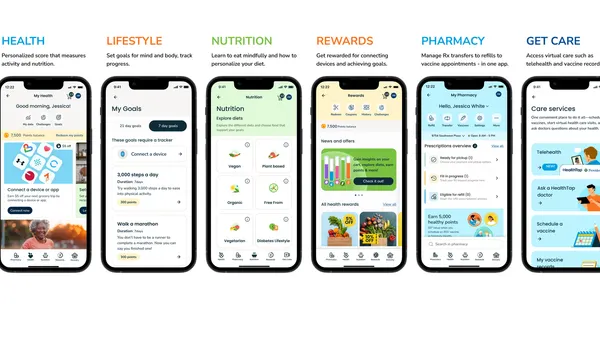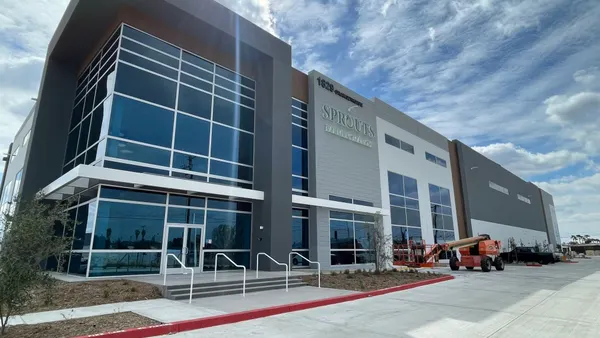Dive Brief:
- As grocers grapple with labor shortages, H-E-B President Craig Boyan outlined what he sees as top hiring concerns for grocers during a virtual session on Monday at the Food Industry Association’s Midsummer Strategic Executive Exchange.
- Boyan said businesses across Texas are all trying to hire at the same time as the state lifts pandemic restrictions. Stimulus payments and childcare limitations are also deterring people from seeking jobs, he said. “Everybody's facing their own version of labor challenges and it’s across the board, but from my perspective, it’s driven by a combination of things,” he noted.
- While Boyan said he expects the “labor crush” to ease in the fall after a “tough summer,” he urged companies to reframe their focus on labor as an asset, rather than as a cost.
Dive Insight:
As pandemic restrictions continue to ease around the U.S. and grocers embark on hiring sprees, they are grappling with how to overcome labor shortages while also facing rising competition from restaurants for workers.
Boyan said that grocers are facing "real pressure" from small businesses and restaurants also looking to hire. In March, Texas lifted its face covering mandate and increased building capacity to 100%, forcing Texas grocers to compete with other retail and service providers for workers. In a sign of just how heated competition in the state has become, Brookshire Grocery Co., another Texas grocer, announced last week a more than $33 million investment to make its COVID-19 appreciate pay permanent and raise the minimum wage for most of its retail jobs to $11 per hour, local news outlets reported.
Boyan noted that H-E-B pays $15 or more as a starting wage for most of its roles. “We make all eligible partners owners of the company, and we believe that investing in people is a winning strategy,” Boyan said.
H-E-B made headlines earlier this month for offering an hourly starting pay of $17.50 for 150 warehouse jobs in Houston, along with incentives for working nights, weekends and in the freezer section that could bump hires to nearly $20 per hour.
The retail sector, in general, has recently seen an exodus of workers seeking out jobs with higher wages. More workers left retail jobs in April than in any month in the past 20 years, according to Department of Labor data cited by The Washington Post.
Childcare shortages are another factor complicating employment, especially during the summer months when school is out. “Lots of childcare operations here shut down during the pandemic, … so parents are having a really hard time finding childcare,” Boyan said.
Meanwhile, unemployment benefits and stimulus checks have made it easier for some people to delay reentering the job market. The National Grocers Association has called on the Biden administration to incentivize unemployed people to seek work, noting that almost all of the respondents to a recent survey said additional stimulus checks have contributed to the labor shortage.
Boyan also said he’s seeing the grocery industry grapple with long-term labor issues, noting that “not all retailers think about labor and people in the same way.” Boyan praised Costco, Wegmans, Publix and Trader Joe’s for “how they invest in people.”
Earlier this year, Costco raised its minimum wage to $16 for U.S. employees — a move that, coupled with “affordable benefits,” would lead to better retention rates and boost employee productivity, commitment and loyalty, Costco President and CEO Craig Jelinek told the Senate Budget Committee.












